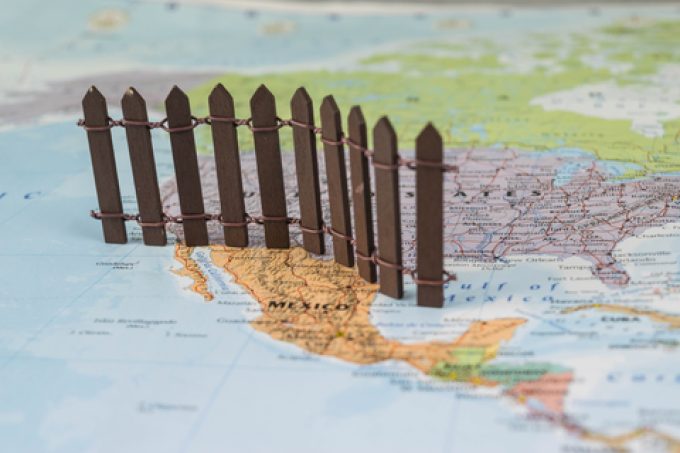'Procurement games': pay up for guaranteed uplift in the next 90 days
Pay to play…

North American supply chain stakeholders near-shoring to Mexico have increased opportunities for the region’s trucking sector, but the upcoming change of US president could jeopardise – or encourage – trade relations.
Since former president Donald Trump replaced the North American Free Trade Agreement (NAFTA) with the United States-Mexico-Canada Agreement (USMCA) in July 2020, Mexico has become the US’s number-one trading partner.
Kenneth Smith Ramos, Mexico’s former lead negotiator for the USMCA and partner at AGON consulting, said: “In promoting trade and investment ...
Asia-USEC shippers to lose 42% capacity in a surge of blanked sailings
USTR fees will lead to 'complete destabilisation' of container shipping alliances
New USTR port fees threaten shipping and global supply chains, says Cosco
Outlook for container shipping 'more uncertain now than at the onset of Covid'
Transpac container service closures mount
DHL Express suspends non-de minimis B2C parcels to US consumers
Zim ordered to pay Samsung $3.7m for 'wrongful' D&D charges
Flexport lawsuit an 'undifferentiated mass of gibberish', claims Freightmate


Comment on this article